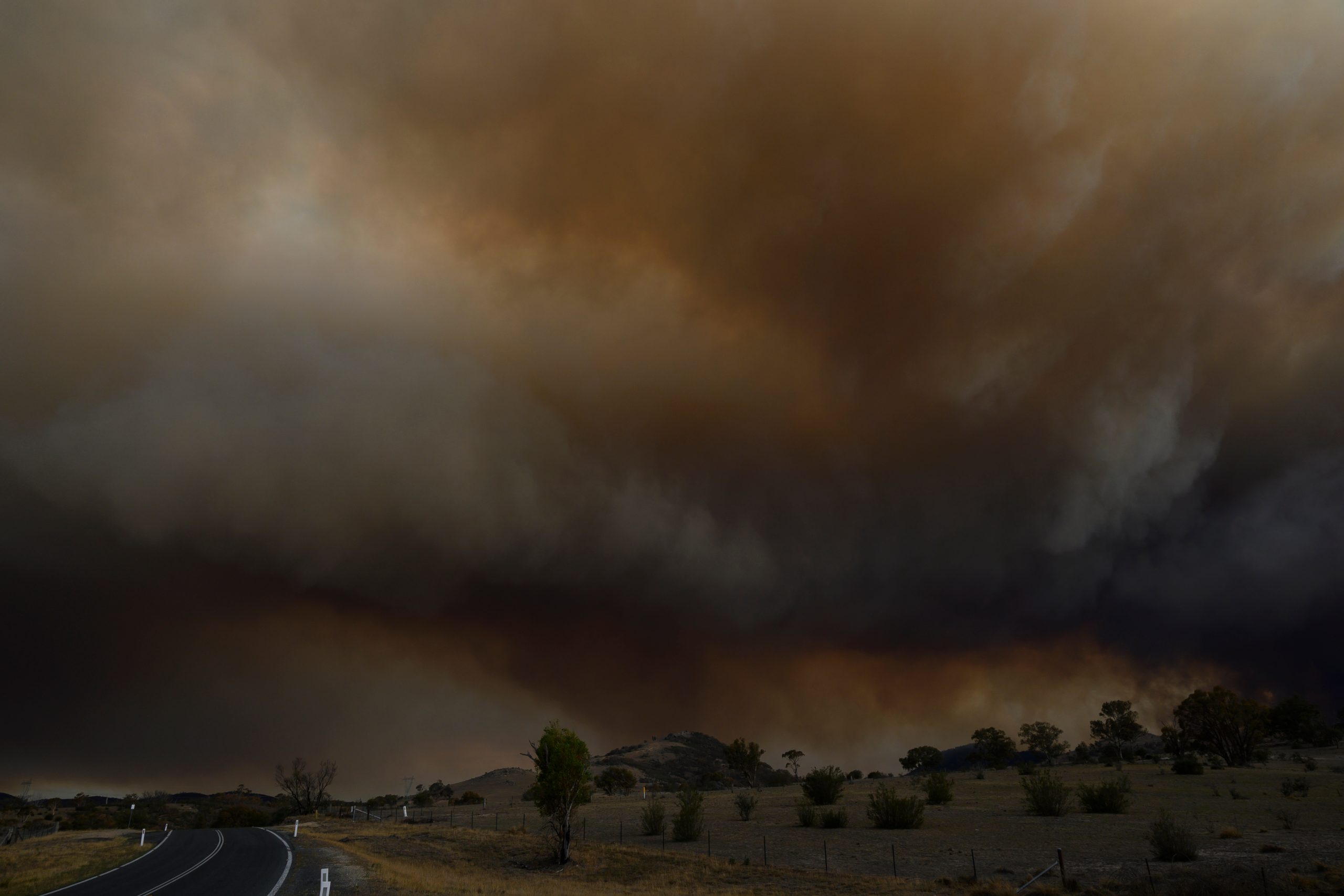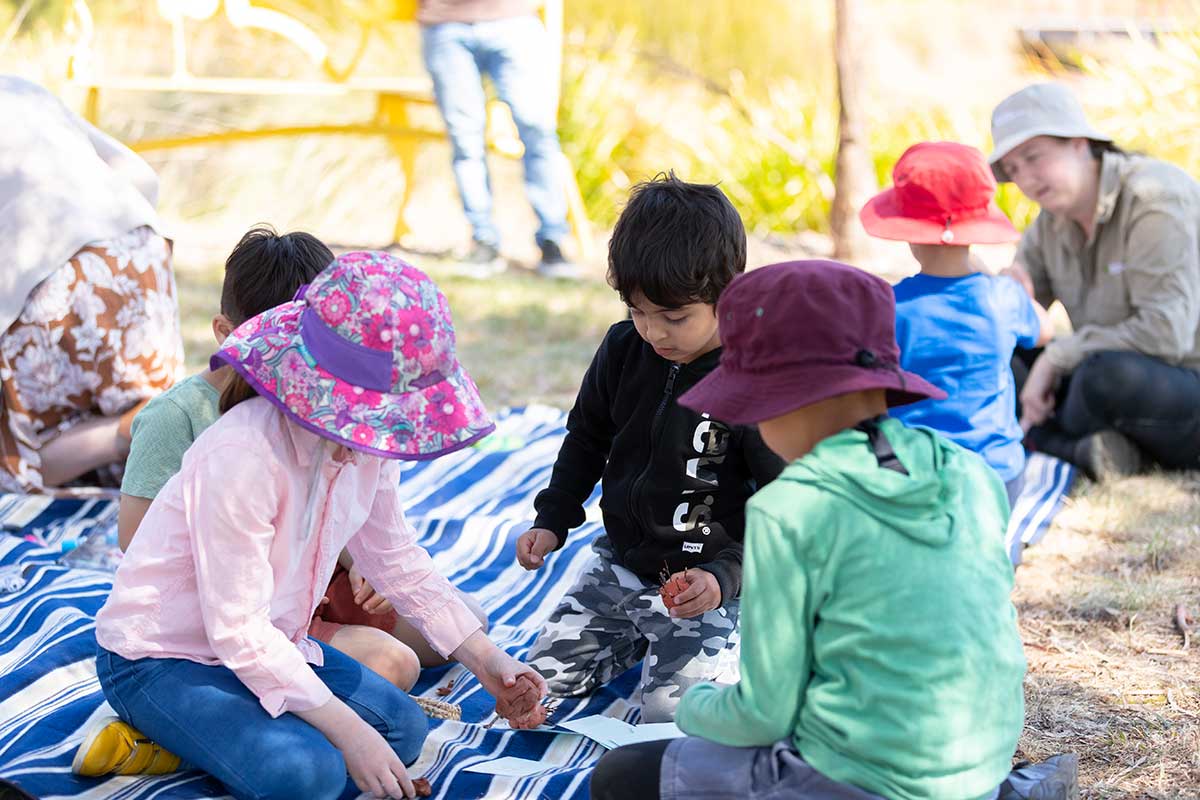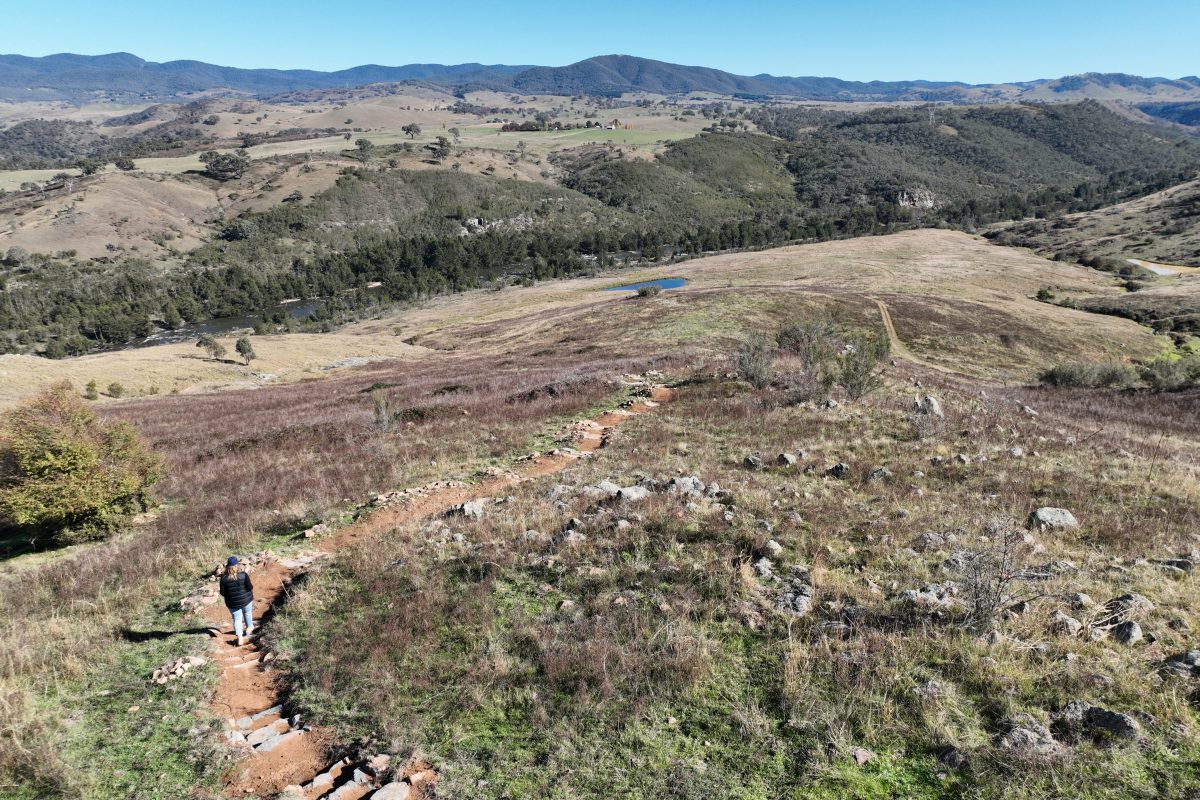Your money may yet save the world: Ethical investing, super funds and more.
Have you ever stopped to think about what is happening with the money sitting in your super or bank accounts when you aren’t using it?
If you’re keen to use your money for the greater good, now is the time to consider where your money is going, whether it’s helping make the world a better place and if it lines up with your ethics.
Canberra-based financial advisor Dave Rae says you should start by looking into what issues you want to help tackle with your investments.
“Most people have different ideas about what ethical investing is and which issues are more important to them. Areas like education, health and renewables are all places you can invest in.”
The federal election earlier this year saw some big shifts within the political world and Dave said that people are speaking with their votes, and this has translated across into their investments.
“People are saying climate change is a big issue. Integrity is a big issue. Diversity and equality are big issues. If that’s important to them from a personal point of view, and how they vote, where they put their money, we can look to align that as well,” Dave said.
Anyone who has ever looked into stocks can tell you that they ebb and flow like the waves of the ocean – but the current is pushing increasingly towards ethical investing.
“I’m seeing a much bigger interest now than, say five years ago, and that’s really accelerated, particularly over the last two-and-a-half years,” says Dave.
“I think the bushfires were a real turning point for a lot of people. We suffered through some of the worst smoke pollution anywhere in Australia and people made that connection between fossil fuels and these catastrophic events and have started to make some decisions around divesting from fossil fuel companies,” Dave said.

This greater interest at a community level can benefit you as an individual when it comes to returns.
“There’s a range of different research that’s been done over a period of time now, and generally, the conclusion is that over the long term, you should be able to expect returns, at least in line with what you would get from traditional investments,” Dave said.
Once you have worked out where you would like your money to go, it’s time to investigate who will help guide your investments. Financial advisors are one option, but for those who prefer to do their own research, groups like the Responsible Investment Association can help guide you.
Also keep an eye out for certified B-Corp banks – corporations that have gone the extra mile and been put through a rigorous assessment to ensure they are doing business better by benefitting all stakeholders, including the environment.
Questions you can ask your current or future bank include: which industries do you support? What are your guiding principles or values? Do you give back to the community? How do you treat your staff? These are all questions that will shine a light on their priorities.
It’s a principle that also translates across to your superannuation fund – one of the biggest investments you make with your money, and one which can dictate the course of your retirement and life. Research done by the Responsible Investment Association shows that over 80% of people think that their super should be invested ethically – but is it?
When you look at your superfund, you’ll generally see a few options for how to invest your money. The default is generally a balanced investment option, meaning some of your money is going to ethical investments but a portion is directed to alternatives such as fossil fuels, tobacco and gambling. Until you change it manually you will be supporting a range of investment options.
“I think there’s a real opportunity for the super funds to actively educate and engage with their members, and make them aware of what those options are, and the difference between their broader investment options and sustainable options,” Dave said.
Changing your super investments to an ethical, alternative, or balanced option is often as simple as downloading an app or spending five minutes online. You’ll probably spend longer remembering your password.
Everyday decisions such as where you go shopping, upgrading your home and the company you work for will all play a role in the world of ethical investing as well.
You don’t need to turn your whole world upside searching for the perfect ethical investment choice, but researching through reputable organisations and having conversations with those around you are all great stepping stones to begin your walk down the ethical investment road.


